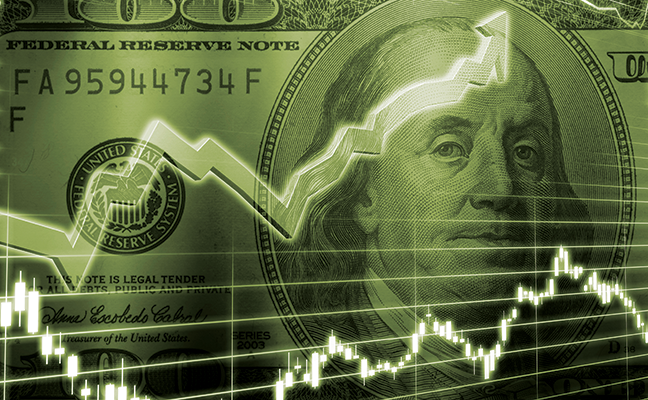As noted in “M&A: How to maximize your pest control firm’s potential,” when using an annual free cash flow model for determining the enterprise value of a pest management business, one of the key factors used is the buyer’s minimum return on investment (ROI) and the buyer’s cost of capital, all stated as a percentage. The net of the two factors is the buyer “hurdle rate,” which is not a standard percentage on which all buyers agree.
One buyer may have a greater desired hurdle rate than another, especially when factoring in investment risk, borrowing ability and current interest rates. The higher the desired hurdle rate, the lower the price a buyer is willing to pay. This is because the purchase price is predicated on a multiple of annual free cash flow generated from the targeted business.
To take it to the next level: If one buyer expects a hurdle rate of 15 percent and its borrowing cost is 8 percent, then the required ROI needs to be 23 percent. If another buyer can borrow money at 3 percent and only expects a net hurdle rate of 12 percent, then the required ROI is only 15 percent.
The disparity between an offer from the two examples explains why purchase price, expressed as a multiple of revenue, can range anywhere between 1-3x. It can have absolutely no correlation from one deal to the next. It can also simply change because interest rates are going up or down.
With this in mind, interest rates generally affect the buyer’s hurdle rate. Rising interest rates lead to a lower valuation, unless a buyer is willing to reduce its expected ROI to keep the purchase price the same. Conversely, if the cost to borrow goes lower, a buyer may increase an offered purchase price — unless its team decides a higher hurdle rate is beneficial. In that case, the offered purchase price would remain the same.
The bottom line: Interest rates, and changes in such rates, affect valuations. But the degree to which this is true depends on other competing factors that are equally important.
[Related: Pest industry M&A: A historical perspective // M&A: Don’t overlook tax impact on sellers]
Gordan and Cooper (PMP Hall of Fame Class of 1999) are managing directors of PCO M&A Specialists, a division of PCO Bookkeepers. Douglas Corrigan, MBA, also contributed to this article. They may be reached at info@sellmypcobusiness.com.

Leave A Comment